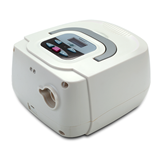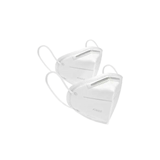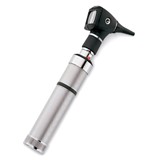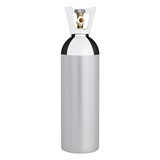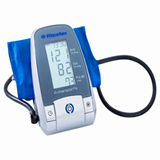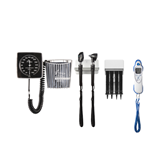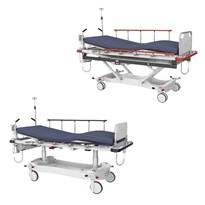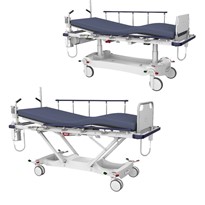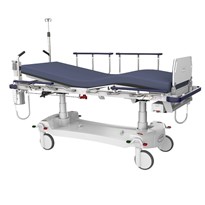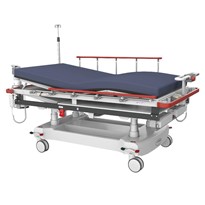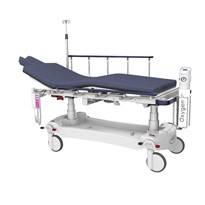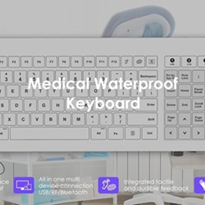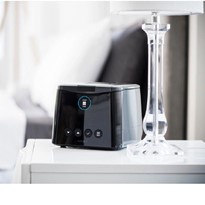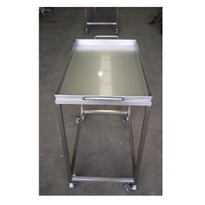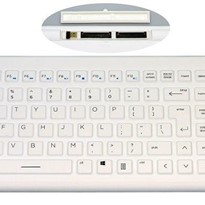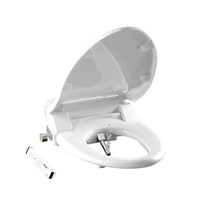A supplier or manufacturer will sometimes make extra promises in writing generally about the quality or standard of the goods to be supplied. For example, they may refer to:
- The quality, state, condition, performance or characteristics of the goods,
- What the goods can do and for how long, and
- The availability of servicing, supply of parts or identical goods.
Some will also provide a warranty against defects. This is a representation to a consumer, made at or around the time that goods are supplied, that if the goods (or part of them) are defective through faulty workmanship or materials, they will:
- Repair or replace goods (or part of them), or
- Resupply or fix a problem with services (or part of them), or
- Provide compensation to the consumer.
A warranty against defects is usually limited by time, and all suppliers or manufacturers that provide you with a warranty against defects must comply with that warranty. This is provided in addition to the consumer guarantees and does not limit or replace them.
How long is my warranty valid for?
Timing can vary widely depending on the type and value of your healthcare product, from as little as 12 months to a lifetime warranty. On highly technical, electronic, fluid sealed or high stress bearing items, 1 – 3 year warranties are generally given due to the quickly deteriorating or aging nature of the device. As a product becomes less technical and more functional with a lower number of moving parts or heavier engineering, warranties may be extended from 5 up to as much as 15 years. This is a manufacturer's guarantee that they will stand behind their designs and product over the expected ‘lifespan’. A lifetime warranty offer may be rare, however the terminology in what defines the ‘lifetime’ is what really matters.
What doesn’t fall under warranty?
Whatever the warranty or guarantee, there will still be conditions for the customer to fulfill, acknowledge or respect. Some of the typical types of exceptions are;
- Cosmetic issues such as fading, crazing, discoloration,
- Lack of maintenance as per minimum requirements,
- Vandalism, negligence, abuse, accidents, improper installation or normal wear and tear,
- Products tampered with or altered, modified or repaired by anyone when not approved by the manufacturer,
- Conditions such as close proximity to salt, extreme hot or cold temperatures,
- Non-adherence to cleaning and care instructions,
- Permeation of fluid substances into foams, and the
- Incorrect usage of electric parts as per the operating directions.
Whatever the type or time span of warranty that is given, manufacturers will always have ongoing legal obligations for the medical devices that they manufacture and supply in Australia, which are outlined in the Therapeutic Goods Act and Regulations.
What should I be aware of with warranties?
Some manufacturers could void warranty on the complete product if a non-genuine component is used. Something as simple as a bolt that can be procured from a standard hardware store may be used as an excuse to void your entire warranty; however, purchasing this direct from the manufacturer could come with an exorbitant price tag and long delivery times. It’s recommended to always understand your obligations when maintaining a product under warranty conditions.
What should I do if my equipment breaks down?
In the case of product failure or breakage, it is best to immediately contact your original supplier or manufacturer. While they may not acknowledge the claim of warranty on initial contact, this does not mean that it is not a warranty issue. Typically, a manufacturer will request further information to determine the actions and events clearly leading up to the cause. This is critical learning, as if nothing out of the ‘ordinary use’ expectations can be determined, it may lead to a deeper investigation into the quality or design of the part or parts in question. Warranties can become difficult to navigate, as in many cases a single part on a product may actually be covered by a third party or OEM warranty, requiring extra levels of investigation and approval.
Own a Modsel product and want to learn more about our warranties?
You can find the relevant Modsel warranties in the user guide tab under the Learning Hub on our website- modsel.com




